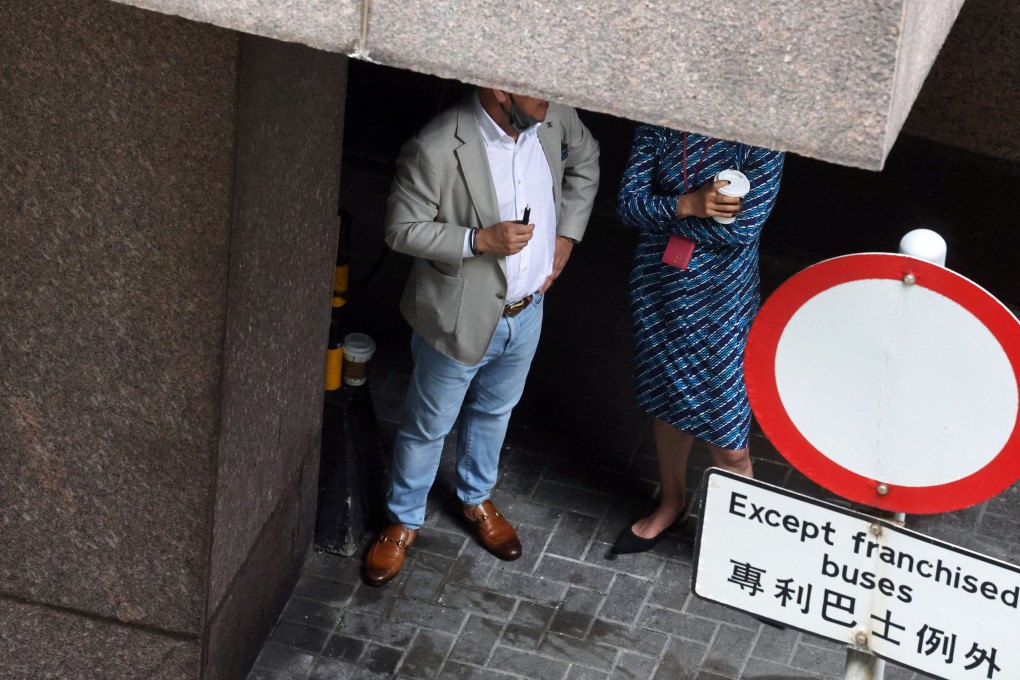Advertisement
Letters | If Hong Kong can tolerate Covid-19 restrictions, why not an outright tobacco ban?
- Readers discuss the trade-off between personal freedom and public health in the tobacco fight, the lure of profits in the open market for subsidised housing, and the costs of China’s zero-Covid policy
Reading Time:3 minutes
Why you can trust SCMP
4

I completely agree with the suggestion in your editorial that Hong Kong must continue the push towards zero smokers (“Campaign to stub out smoking in Hong Kong has to push on as numbers fall”, June 7). It is high time the Hong Kong government got more aggressive and introduced an outright tobacco ban.
It seems that preserving life or improving public health – the principal reason behind controlling tobacco – has become an important, if not overriding, consideration in formulating public policies over these years. This is evidenced by the introduction and continued maintenance of a series of Covid-19 control measures, including social distancing, travel restrictions and vaccine requirements, despite huge negative impacts on the economy and people’s freedom.
If life preservation is so important, there is no excuse for delaying an outright tobacco ban, given there is now consensus that smoking kills.
Covid-19 has rendered the economic argument in support of the sale and consumption of tobacco products moot. Coronavirus control measures impact the whole economy and hit the retail, catering and hotel industries hard, causing the unemployment of thousands and significant reduction in tax revenue. If the government has no hesitation in implementing these drastic measures to control the spread of Covid-19, it should similarly have no difficulty in imposing an outright tobacco ban, which will certainly cause much less unemployment and tax revenue reduction.
While people’s freedom is a major justification for legalisation of smoking, such freedom cannot possibly entail a right to harm others. As smoking inevitably produces second-hand smoke, which is no less dangerous to the people around, smokers’ freedom to choose their leisure activity and incidentally harm themselves must give way to the right of people surrounding them not to be involuntarily harmed.
In fact, the government has already applied this logic in implementing the vaccine pass – everyone has a responsibility to build community immunity despite one’s freedom to choose not to receive a vaccine.
Advertisement
Select Voice
Choose your listening speed
Get through articles 2x faster
1.25x
250 WPM
Slow
Average
Fast
1.25x